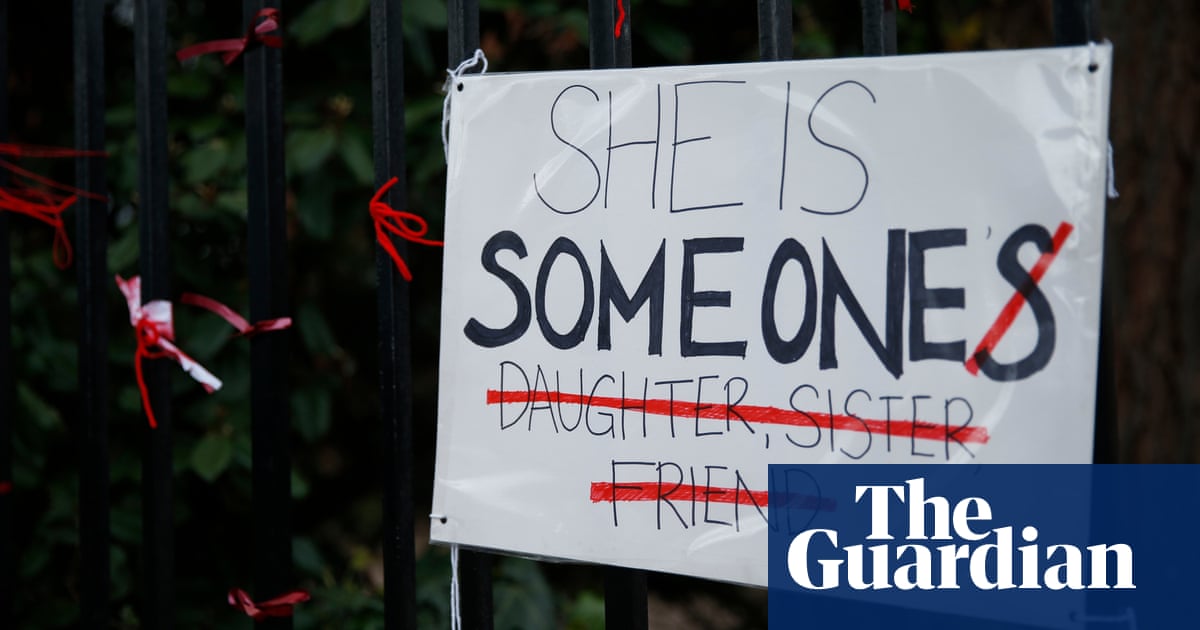
The government must ensure the online safety bill protects adults from dangerous suicide and self-harm content, a group of charities including Samaritans has said, as ministers prepare to alter the legislation’s approach to legal but harmful content.
The bill is set to resume its progress through parliament but the culture secretary has signalled that a key area, which contains provisions related to suicide and self-harm content, will be altered.
Samaritans is among the charities that have signed an open letter to the prime minister, Liz Truss, telling her the bill must protect people of all ages from harmful material.
The government has said the legislation will return with provisions for protecting children strengthened as a result of the inquest into the death of 14 year-old Molly Russell, which found that social media had contributed to the death of the teenager, who took her own life after viewing online material related to suicide, self-harm and depression.
The letter says young adults aged 18 to 24 can be just as vulnerable to harm from online suicide and self-harm content as under-18s.
“It is therefore vital that the bill protects people of all ages from legal but extremely harmful suicide and self-harm content on large and small platforms,” it says. The letter adds: “We urge you to commit to returning the bill to parliament as soon as possible in a form which protects the public from all extremely dangerous suicide and self-harm content. With every day that passes, we lose an opportunity to save lives.”
Signatories to the letter include the heads of the suicide prevention charity Samaritans, the youth suicide prevention charity Papyrus, the NHS Confederation mental health network and the Mental Health Foundation.
Michelle Donelan, the culture secretary, told the BBC last month that the part of the bill addressing content that causes harm but falls below the threshold of criminality – labelled “legal but harmful” – is “the bit we will be changing” when the legislation returns.
The legal but harmful provisions have become a lightning rod for concerns that the bill will result in an overly censorious approach on social media platforms. Tory MPs including David Davis have argued that the legal but harmful provisions in the bill mean tech firms will “inevitably err on the side of censorship” in how they police their platforms, while Truss has said she wants to “make sure free speech is allowed” when the bill comes back.
Donelan’s predecessor, Nadine Dorries, said in a written statement in July that legal suicide content and content promoting self-harm would be among the categories of legal but harmful content that major tech platforms would have to address in their terms and conditions, telling users how they would deal with such material.
The act will be overseen by Ofcom, the communications regulator, which will have the power to impose fines of £18m or 10% of global turnover on companies if they breach the legislation.
A government spokesperson said: “The bill will deliver a major improvement in the safety of both children and adults online. Tech companies will be forced to protect young people, prioritise removing content promoting suicide and uphold their own terms and conditions.
“Every suicide is a tragedy and we are investing £57 million in suicide prevention through the NHS Long-Term Plan. All local areas now have suicide prevention plans with outreach happening across a variety of settings such as gyms, pubs, and barbershops.”












